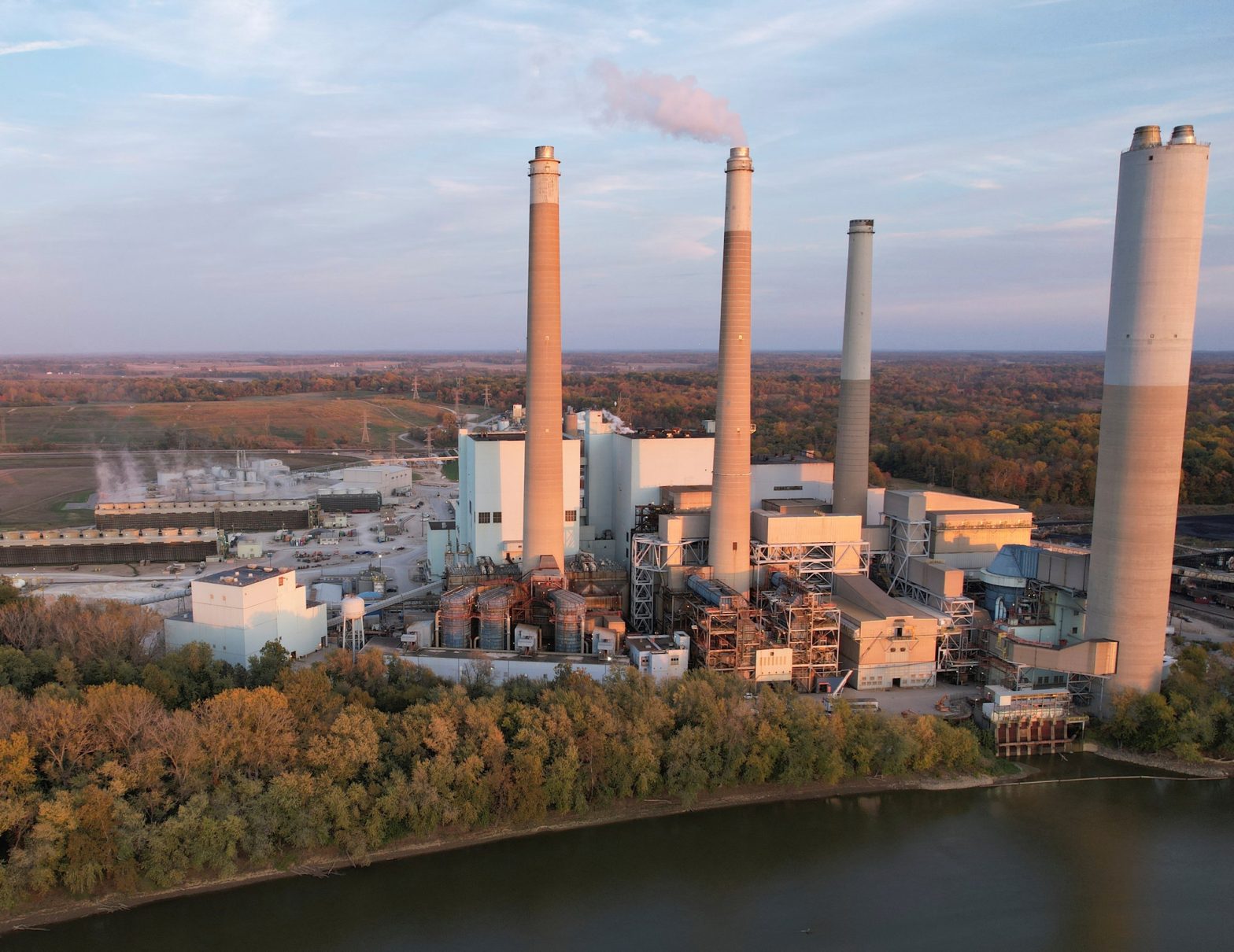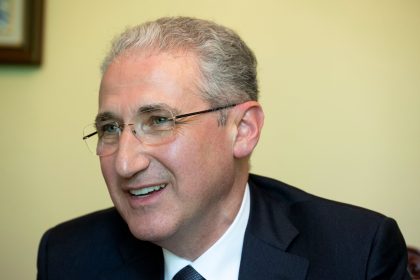In Early 2029, Earth Likely to Lock Into Breaching Key Warming Threshold, Scientists Calculate

In a little more than five years – sometime in early 2029 – the world will likely be unable to stay below the internationally agreed temperature limit for global warming if it continues to burn fossil fuels at its current rate, a new study says.
The study moves three years closer the date when the world will eventually hit a critical climate threshold, which is an increase of 1.5 degrees Celsius (2.7 degrees Fahrenheit) since the 1800s.
Beyond that temperature increase, the risks of catastrophes increase, as the world will likely lose most of its coral reefs, a key ice sheet could kick into irreversible melt, and water shortages, heat waves and death from extreme weather dramatically increase, according to an earlier United Nations scientific report.
Hitting that threshold will happen sooner than initially calculated because the world has made progress in cleaning up a different type of air pollution — tiny smoky particles called aerosols. Aerosols slightly cool the planet and mask the effects of burning coal, oil and natural gas, the study’s lead author said. Put another way, while cleaning up aerosol pollution is a good thing, that success means slightly faster rises in temperatures.
The study in Monday’s journal Nature Climate Change calculates what’s referred to as the remaining “carbon budget,” which is how much fossil fuels the world can burn and still have a 50% chance of limiting warming to 1.5 degrees Celsius since pre-industrial times. That is the threshold set by the 2015 Paris agreement.
The last 10 years are already on average 1.14 degrees Celsius (2.05 degrees Fahrenheit) hotter than the 19th century. Last year was 1.26 degrees Celsius (2.27 degrees Fahrenheit) warmer and this year is likely to blow past that, according to scientists.
The new study set the carbon budget at 250 billion metric tons. The world is burning a little more than 40 billion metric tons a year (and still rising), leaving six years left. But that six years started in January 2023, the study said, so that’s now only five years and a couple months away.
“It’s not that the fight against climate change will be lost after six years, but I think probably if we’re not already on a strong downward trajectory, it’ll be too late to fight for that 1.5 degree limit,” said study lead author Robin Lamboll, an Imperial College of London climate scientist.
A 2021 United Nations Intergovernmental Panel on Climate Change report gave a budget of 500 billion metric tons pointed to a mid 2032 date for locking in 1.5 degrees, Lamboll said. An update by many IPCC authors this June came up with a carbon budget the same as Lamboll’s team, but Lamboll’s analysis is more detailed, said IPCC report co-chair and climate scientist Valerie Masson-Delmotte.
The biggest change from the 2021 report to this year’s studies is that new research show bigger reductions in aerosol emissions — which come from wildfires, sea salt spray, volcanoes and burning fossil fuels — that lead to sooty air that cools the planet a tad, covering up the bigger greenhouse gas effect. As the world cleans up its carbon-emitting emissions it is simultaneously reducing the cooling aerosols too and the study takes that more into account, as do changes to computer simulations, Lamboll said.
Even though the carbon budget looks to run out early in the year 2029, that doesn’t mean the world will instantly hit 1.5 degrees warmer than pre-industrial times. The actual temperature change could happen a bit earlier or as much as a decade or two later, but it will happen once the budget runs out, Lamboll said.
People should not misinterpret running out of the budget for 1.5 degrees as the only time left to stop global warming, the authors said. Their study said the carbon budget with a 50% chance to keep warming below 2 degrees Celsius (3.6 degrees Fahrenheit) is 1220 billion metric tons, which is about 30 years.
“We don’t want this to be interpreted as six years to save the planet,” study co-author Christopher Smith, a University of Leeds climate scientist, said. “If we are able to limit warming to 1.6 degrees or 1.65 degrees or 1.7 degrees, that’s a lot better than 2 degrees. We still need to fight for every tenth of a degree.”
Climate scientist Bill Hare of Climate Action Tracker that monitors national efforts to reduce carbon emissions, said “breaching the 1.5 degree limit does not push the world over a cliff at that point, but it is very much an inflection point in increasing risk of catastrophic changes.”
As they head into climate negotiations in Dubai next month, world leaders still say “the 1.5-degree limit is achievable.” Lamboll said limiting warming to 1.5 degrees is technically possible, but politically is challenging and unlikely.
“We have got to the stage where the 1.5C carbon budget is so small that it’s almost losing meaning,” said climate scientist Glen Peters of the Norwegian CICERO climate institute, who wasn’t part of the research. “If your face is about to slam in the wall at 100 miles per hour, it is sort of irrelevant if your nose is currently 1 millimeter or 2 millimeters from the wall. … We are still heading in the wrong direction at 100 mph.”
People “shouldn’t worry — they should act,” said climate scientist Piers Forster of the University of Leeds, who wasn’t part of Lamboll’s team. Acting as fast as possible “can halve the rate of warming this decade.”
___
Associated Press climate and environmental coverage receives support from several private foundations. See more about AP’s climate initiative here. The AP is solely responsible for all content.

























